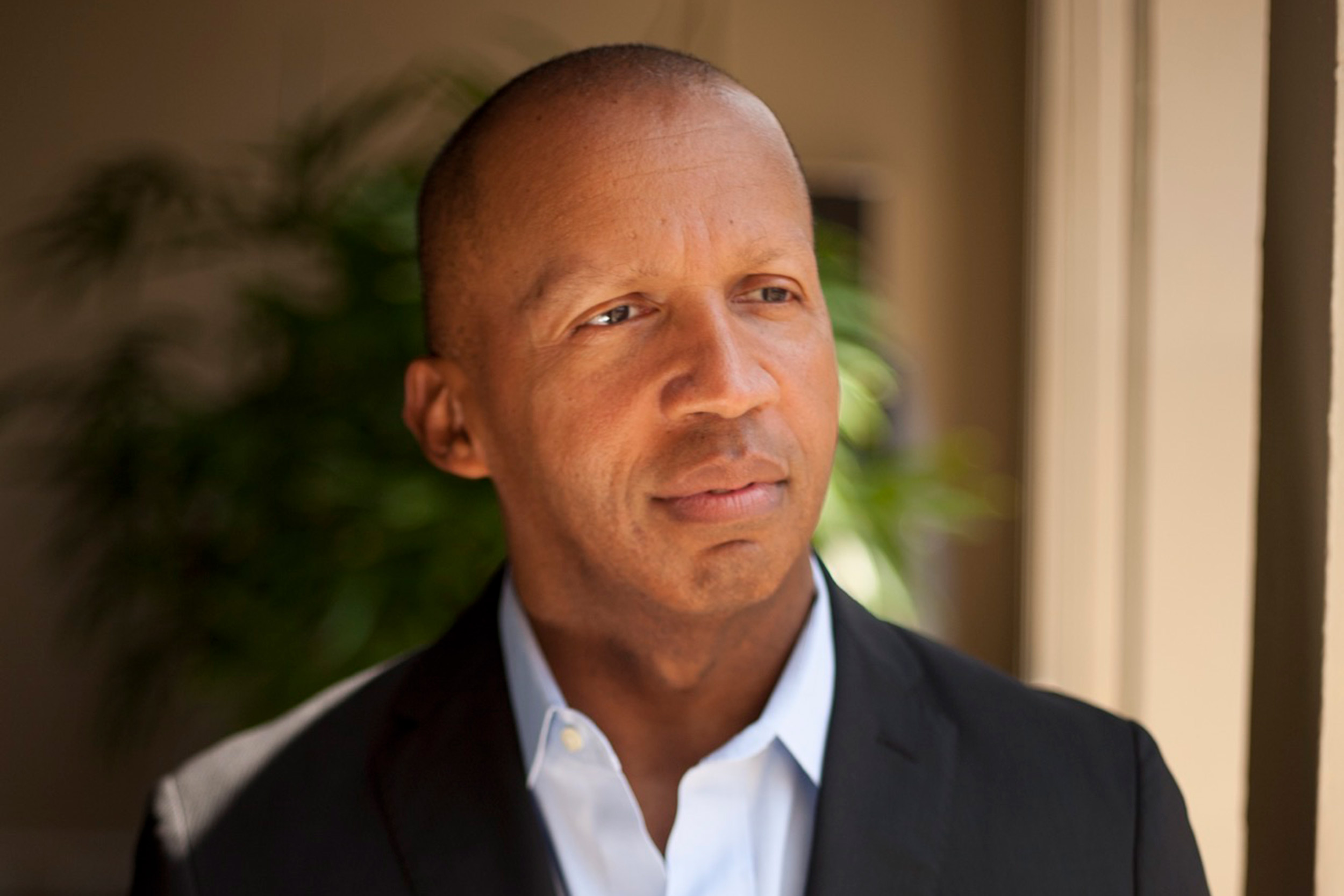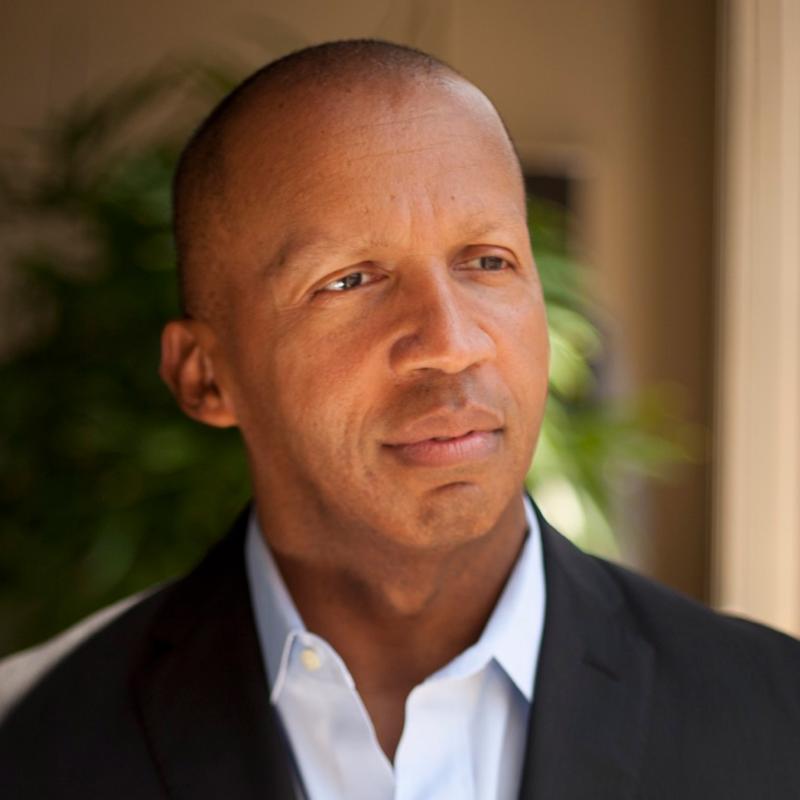The bestselling author of “Just Mercy,” Bryan Stevenson, will visit the University of Virginia this month to deliver the second Scoper Lecture in Christian Thought and to engage in a discussion with President Jim Ryan on issues related to racial injustice.
The event, co-hosted by Theological Horizons, UVA Arts, the Project on Lived Theology, and Central Virginia Community Justice, is set for March 28 at John Paul Jones Arena. Stevenson’s visit also features a host of related events this month and in April, many of them at UVA or including UVA voices.
Stevenson’s address – “Act Justly, Love Mercy: Exploring the Heart of Equal Justice” – will explore the spiritual aspects of his work in criminal justice, which has focused on assisting those wrongly convicted or unfairly sentenced. It will be followed by an onstage conversation with Ryan.
“Bryan Stevenson’s pioneering civil rights leadership has changed the way we think about justice in America,” Ryan said. “His activism has illuminated the history and significance of race and class in our justice system and society, and his book, ‘Just Mercy,’ has moved and inspired those in the field of law and beyond. I’ve long admired his work and anticipate an unforgettable evening.”
“Just Mercy,” a memoir published in 2014, includes a case in which Stevenson won acquittal for a Black man sentenced to death for a murder he did not commit. The book was adapted as a movie by the same title in 2019, starring Michael B. Jordan as Stevenson, and later produced as an HBO documentary, “True Justice.”
Stevenson also is founder and executive director of the Equal Justice Initiative, a human rights organization based in Montgomery, Alabama. A graduate of Harvard Law School and the Harvard School of Government, Stevenson has argued before the U.S. Supreme Court multiple times. In 2019, the court ruled in favor of protections for condemned prisoners who suffer from dementia, and in 2012 the court banned mandatory life sentences without parole for those ages 17 and younger. Stevenson represented the winning argument in both cases.






